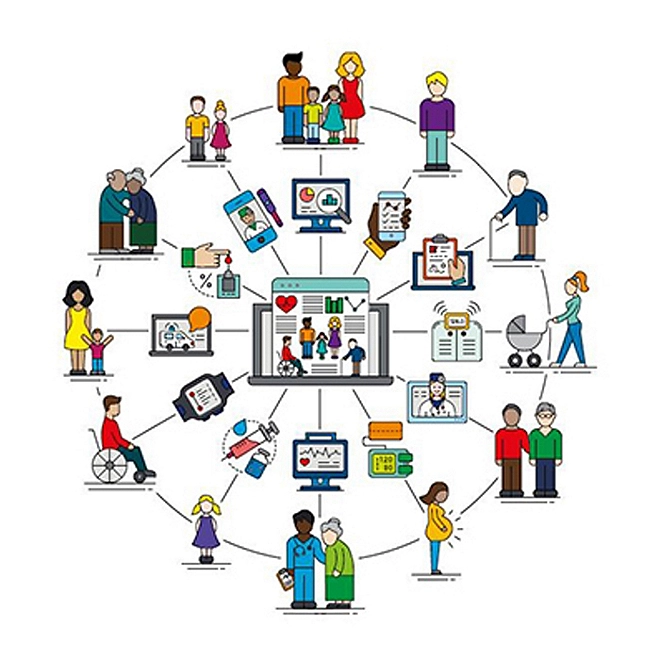Formulating winning strategies in molecular diagnostics
Effectively leveraging commercial capabilities for growth in the molecular diagnostics market.
In vitro diagnostics are playing an increasingly important role in the provision of healthcare.
Approximately 80% of the information that physicians use to make medical decisions is produced by clinical laboratories and diagnostics are now seen as critical inputs into overall quality of patient care.1 Whereas clinical assay output a generation ago consisted of basic blood chemistry and infection tests, the modern clinical laboratory has grown to offer a large array of diagnostics for immunological, cardiovascular, cancer, chromosomal/gene, and pharmacogenomic markers. Many of these tests are still based on classic techniques such as cell culture, staining, and microscopy, but advancements in molecular biology technologies over the past several decades have driven the rapid growth of molecular diagnostics.
Analytical instruments, already a mainstay in the pharmaceutical and biotechnology industry, are becoming equally important in molecular diagnostics as part of the evolution of medicine toward targeted therapy – and recognizing the revenue and profi ts available in these new markets. Although the molecular diagnostics market is mostly driven by technologies adapted from the analytical instruments market, capitalizing on the growth opportunity requires signifi cant modifi cations to existing commercialization structures and capabilities that are often more suited to serving academic laboratory and commercial R&D customers. Whether analytical instrument companies are considering entry into the molecular diagnostics market or have been collaborating there for years, bridging the gaps in their commercial operations must be central to any growth strategy.
Most analytical instrument companies have not previously needed to develop the level of commercial capabilities required in the molecular diagnostics market. The biggest challenge for analytical instrument companies will be to understand and manage the complexities of a different customer base. Analytical instrument companies have typically sold to lab-based users who make the purchase decision based on quality, features, and funding. In contrast, the customer base for molecular diagnostics products is comprised of physicians, clinical laboratory staff, hospital administrators, payers, regulatory agencies, and individual consumers, each with unique needs and each infl uencing the purchase decision. In order to be successful in diagnostics, analytical instrument companies need to expand their core capabilities in commercial operations, as well as develop and grow new capabilities as key differentiators for meeting the needs of molecular diagnostics customers.
Most critical to this transition, we believe, are increased maturity and sophistication around reimbursement, regulatory/compliance, business development/alliances, and sales & marketing/medical affairs.
Reimbursement capabilities, which typically are not needed in the tools and analytical instrument markets, may be the primary barriers to successful market entry of a molecular diagnostics product.
Most analytical instrument companies have not historically needed to be involved in regulatory affairs, but regulations for molecular diagnostics are complicated and changing rapidly. Proactive regulatory and compliance strategies should help companies avoid potentially damaging scrutiny from regulators and payors in the future.
